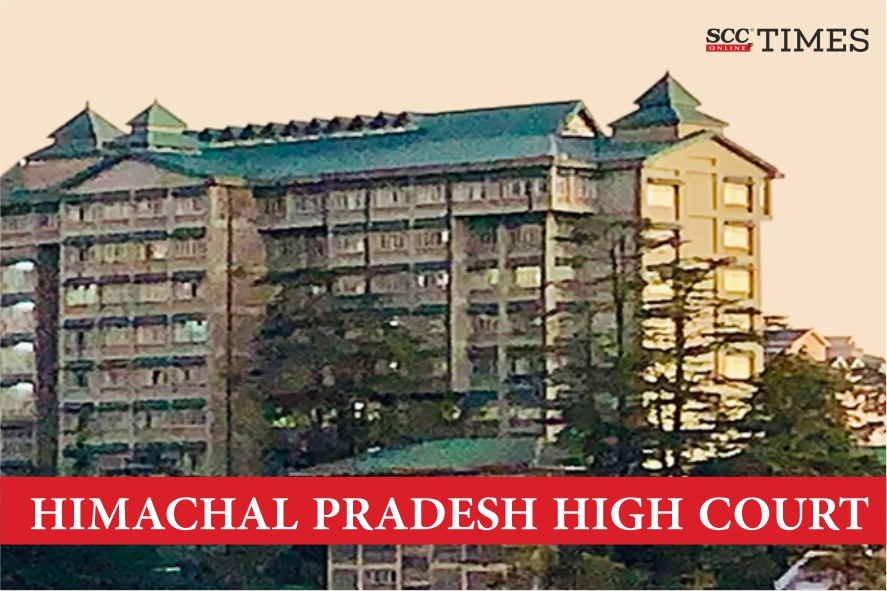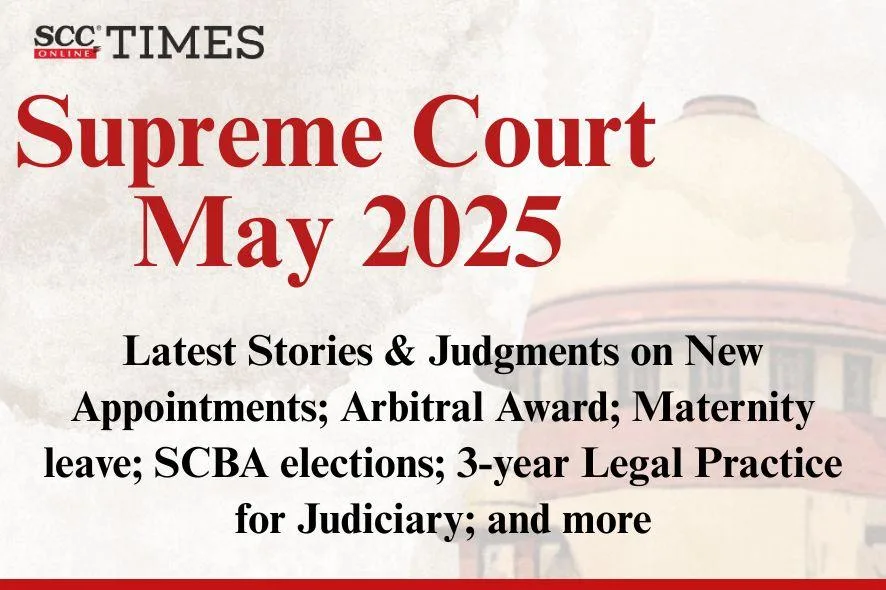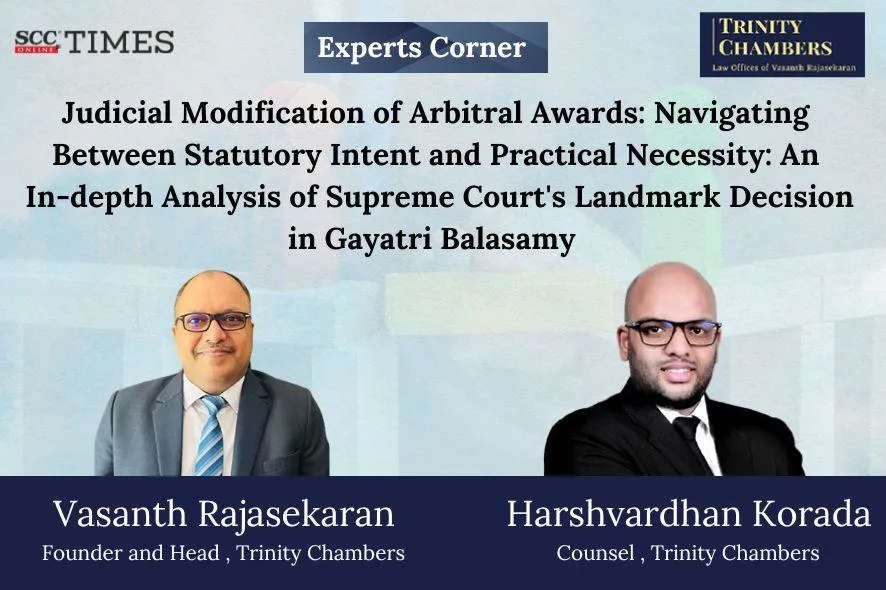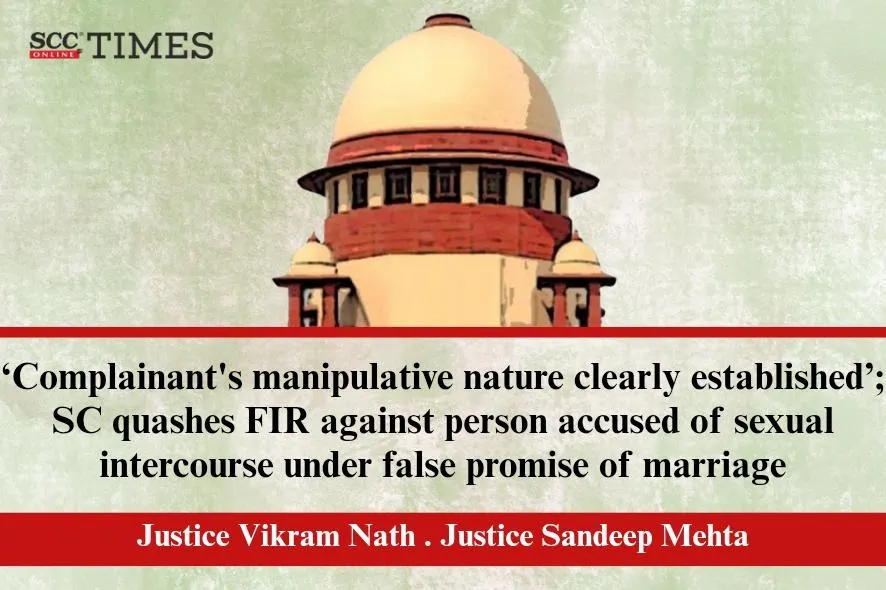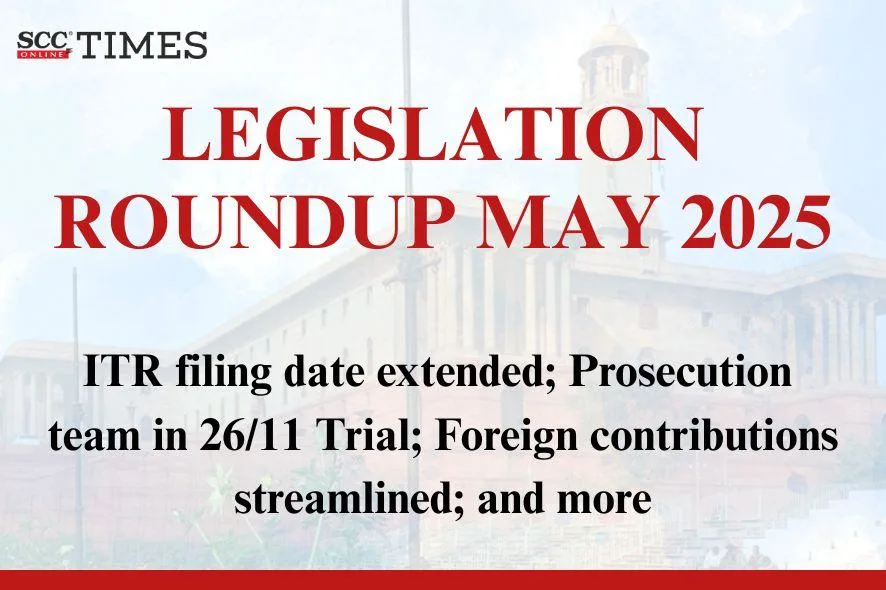Bombay High Court: A Division Bench of S.J. Kathawalla and Surendra P. Tavade, JJ. dismissed the application filed by an Air India Pilot seeking direction to Directorate General of Civil Aviation (“DGCA”) and Airline carriers to leave middle seat vacant while flying passengers as a measure of social distancing for prevention against COVID-19 virus.
The application was dismisses by the High Court relying on the recommendations of the High Level Committee of Experts constituted by the DGCA to meet and recommend certain safety measures to be followed on flights.
Earlier, on 22nd May, the High Court had directed the airlines to follow the DGCA Circular of 23rd March wherein it had recommended that the middle seats in the aircraft should be left vacant while flying passengers in unscheduled flights under the Vande Bharat programme aimed at bringing back Indians stranded abroad. After the High Court’s order, the respondents had approached the Supreme Court which, on 25th May, had directed that the airlines could operate without leaving the middle seat vacant upto 6th June and thereafter in compliance with the order to be passed by the High Court. The Supreme Court had also asked the High Court to consider the aspects of safety of passengers in scheduled as well as unscheduled flights. It had also directed that the DGCA is free to alter any norms in the interest of public health and safety of passengers.
The DGCA, thereafter, constituted a High Level Committee of Experts to meet and recommend safety measures to be followed on flights. The Expert Committee comprised: (i) Rajesh Bhushan, OSD, Ministry of Health and Family Welfare, Government of India; (ii) Dr Randeep Gulera, Director, AIIMS, New Delhi; (iii) Prof Balram Bhargava, DG, ICMR; and (iv) Dr Naresh Trehan, CMD, Medanta-Medicity.
The Expert Committee deliberated on the issue and gave its recommendations, pursuant to which, the DGCA passed an order on 31st May 2020 issuing the recommendations of the Expert Committee as directions of the DGCA.
The Expert Committee had noted that a “face mask worn by two persons in proximity with each other minimises the risk of transmission due to droplets from mouth/nose”. It noted that an “efficient air conditioning system” minimised the risk of transmission through the air and recommended that aircrafts which use “HEPA filters which are effective in screening out various microbes” could be operated in a manner that “replacement of air is very frequent”. The Committee further noted that “if the person sitting in between two persons is wearing a protective gear then the same effect as keeping the seat vacant can be achieved”. After detailed deliberations, the Expert Committee also recommended that if the passenger load and seat capacity permit, then “the airlines shall allot the seats is such manner that the adjacent seat is kept vacant”. If the number of passengers was more, “members of the same family (living in the same house) can be allowed to sit together”, since they would be exposed to each other at home in any case.
Before the High Court, the DGCA also submitted that the Circular dated 23rd March 2020 was issued on an urgent basis in the wake of outbreak of COVID-19 without carrying out any expert consultation. It was informed that thereafter the Air Transport Facilitation Committee meeting was held on 4th May where social distancing on flights was discussed and rejected.
Having considered the Expert Committee recommendations, the High Court moved on to considering the submissions made by the petitioner. However, the petitioner failed to assist the Court in determining how the safety/health of passengers qua COVID-19 virus is affected if airlines fail to keep the middle seat vacant. The Court stated that the petitioner failed to appreciate that even if the middle seat is kept vacant, the person sitting at the window seat whilst getting out for going to lavatory and thereafter returning back to his seat, is likely to touch (through his clothes) the person sitting on the aisle seat. Therefore, if petitioner’s argument was to be accepted, in every row of the aircraft only one passenger should be accommodated. The Court observed:
“We cannot allow an individual to instill such fear in the minds of the public, without any scientific basis,”
The High Court relied on the Supreme Court decisions in Basavaiah v. H.H. Ramesh, (2010) 8 SCC 372; Union of India v. CIPLA, (2017) 5 SCC 262 and Hanuman Laxman Aroskar v. Union of India, 2020 SCC OnLine SC 41 for the proposition that the Expert Committee recommendations can only be set aside if they are shown to be arbitrary, discriminatory, unreasonable or ultra vires. In the instant case, the Court found nothing in the minutes of the Air Transportation Facilitation Committee or in the recommendations of the Expert Committee, which could be termed as arbitrary, discriminatory, unreasonable or ultra vires.
Reliance was also placed upon Academy of Nutrition Improvement v. Union of India, (2011) 8 SCC 274, wherein the Supreme Court had held that the scope of review in matters concerning public health is very limited.
In view of the aforementioned, the Court was of the prima facie view that the safety and health of the passengers on board the aircraft qua COVID-19 virus is adequately taken care of even if the middle seat of the aircraft is not kept vacant on account of passenger load and seat capacity.
It was directed that all flight operators in the country shall strictly follow and implement the DGCA Order dated 31st May 2020 as well as applicable SOPs.
The interim application was disposed of in above terms. [Deven Yogesh Kanani v. DGCA, 2020 SCC OnLine Bom 714 , dated 15-6-2020]



